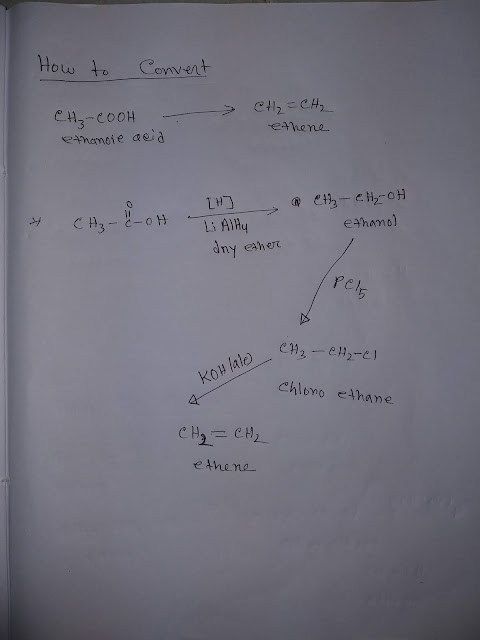[ ] How many factors does a prime number have?
How many factors does a prime number have?
Answer:
In this post,I will tell you how many factors a prime number has.
◆The numbers that can divide a prime number without remainder are called prime number's factors.
Notice that the factors of a prime number always includes 1 and itself as a prime number can be divided by only 1 and itself without remainder.
Have a look.
13 is a prime number.We can divide 13 by 1 and 13 without remainder.So 1 and 13 are factors of the prime number 13.
Proof:
●13/1 =13
●13/13=13
So, we can tell you that the factors of a prime number always includes 1 and itself.That is,a prime number has two factors.
Continue
Course:How to Find Factors of Numbers
◆The numbers that can divide a prime number without remainder are called prime number's factors.
Notice that the factors of a prime number always includes 1 and itself as a prime number can be divided by only 1 and itself without remainder.
Have a look.
13 is a prime number.We can divide 13 by 1 and 13 without remainder.So 1 and 13 are factors of the prime number 13.
Proof:
●13/1 =13
●13/13=13
So, we can tell you that the factors of a prime number always includes 1 and itself.That is,a prime number has two factors.
Continue
Course:How to Find Factors of Numbers








Comments
Post a Comment